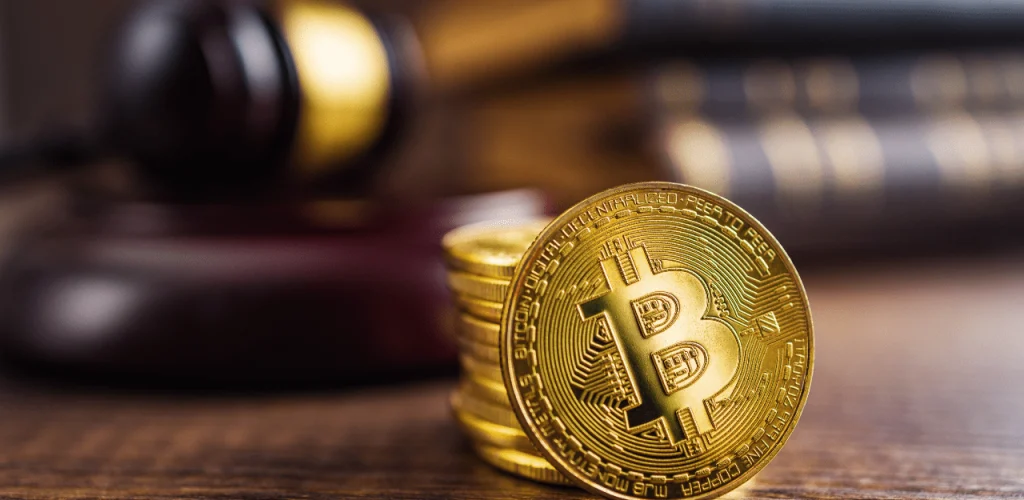If you want to know how to recover scammed cryptocurrency, this guide will walk you through the essential steps to protect your case, preserve critical evidence, and take action fast. We’ll explain how legitimate crypto recovery services operate, why many victims ultimately need a skilled crypto fraud and recovery lawyer, and how these professionals can use legal tools to trace stolen funds, especially when the cryptocurrency has been moved to a regulated exchange that can be compelled to cooperate.
Quick Checklist: Recover Stolen Crypto Fast
- Collect transaction hashes (TXIDs), wallet addresses, timestamps, emails, chat logs, and screenshots. Preserve everything.
- Contact the exchange, wallet provider, or payment processor used by the thief immediately, and ask them to preserve the account and any KYC records.
- File a complaint with your local law enforcement and report to the FBI/IC3 if you are in the U.S.; this starts an official paper trail.
- Do not send more money or communicate with the scammer; get legal counsel before paying any “recovery” fees.
Rapid action and documentation increase the chances of tracing funds and obtaining freeze orders.
Crypto Recovery Services vs Lawyers — Which Do You Need?
Crypto recovery services (chain-analysis firms, private investigators, and negotiators) specialize in on-chain tracing, wallet clustering, and exchange liaison. They can often tell you where funds flowed and whether they landed at a custody exchange account. Crypto recovery lawyers use legal tools, preservation letters, subpoenas, emergency injunctive relief, and civil claims to compel exchanges to disclose account holder identities or freeze funds.
For most victims, the practical path is: hire a reputable blockchain analytics partner and a lawyer who can turn tracing results into an enforceable legal process. Analytics without legal leverage often stalls; legal processes without on-chain expertise are blind.
Types of Crypto Recovery Services Explained
- On-chain tracing firms — follow the flow of funds and create wallet clusters.
- Exchange liaison specialists — contact exchanges and request holds or preservation of accounts.
- Private investigators — investigate off-chain identifiers tied to KYC data.
- Negotiators/recovery brokers — attempt voluntary returns (be cautious; many are scams).
“If you believe you are the victim of a virtual currency scam, report it to law enforcement and to your state consumer protection agency so they can investigate and help others avoid similar losses.” — FBI
How to Find a Legitimate Crypto Recovery Lawyer

Look for attorneys or firms that:
- list “digital assets,” “blockchain,” or “cryptocurrency fraud” as practice areas;
- have worked with subpoenas or preservation letters to exchanges;
- show examples of tracing + litigation or emergency asset-freeze cases;
- offer clear fee structures (contingency, hybrid, or capped hourly) and a written engagement agreement.
Key Questions to Ask a Crypto Lawyer
- Have you successfully obtained subpoenas or executed emergency freeze orders for cryptocurrency accounts?
- Which blockchain analytics providers or tracing partners do you work with?
- How do you structure fees for crypto recovery (contingency, hourly, success fee)?
- Will you coordinate with criminal investigators and exchanges on my behalf?
Crypto Recovery Timeline & Outcomes
Timelines vary widely. If stolen funds are quickly moved to an exchange with strong KYC, and you act fast, cryptocurrency legal advice combined with preservation measures and civil process can lead to account holds within days to weeks. If funds are laundered through mixers, bridges, or decentralized services, recovery may take months, and sometimes funds are not recoverable. Expect some matters to resolve in weeks while complex cross-border cases can take many months.
How Much Does a Crypto Lawyer Cost?
Fee structures vary:
- Contingency fee: lawyer takes a percentage of recovered funds (common in strong civil recovery cases).
- Hourly + costs: client pays upfront for work; may be used for preservation/early investigatory phases.
- Hybrid: lower hourly plus a success fee on recovery.
Request a written estimate and a payment schedule. Many firms will review a case first (sometimes for free) to determine if a contingency or pro bono path is possible. For guidance from the best crypto scam lawyers, contact us at Danzinger & De Llano, LLP to review your case and see if you qualify.
Stat: Chainalysis reports that in 2024, cryptocurrency scams received at least $9.9 billion on-chain; a sharp indicator of why fast tracing and legal action are critical for victims.
Act Fast, Preserve Evidence, Contact a Lawyer
At Danzinger & De Llano, LLP, we know that recovering scammed cryptocurrency is time-sensitive. Our team helps clients gather TXIDs, preserve exchange records, and coordinate with authorities while working alongside trusted blockchain tracing firms. If you’re in Texas or were scammed by an entity that used U.S. exchanges, we offer a free case review to determine if you qualify for reduced-fee or pro bono assistance.
Legal Disclaimer
The information provided is for educational and informational purposes only. The information on this website is not intended as legal advice and should not be used as a substitute for consulting a licensed attorney. Legal outcomes and laws can vary by jurisdiction, and only a qualified lawyer can provide guidance tailored to your situation.


